Just a few hours ago, Viktor Orban went live and spoke with Tibor Kapu, the second Hungarian astronaut.
This is Earth, specifically its center, Budapest. I greet you with respect!
Viktor Orban began the conversation and then continued by saying:
We need to clarify two things. First, may I call you Tibor? Second, there are a few topics we’re not allowed to discuss. Please note that we cannot talk about politics, military affairs, religion, advertising, gender, global warming, or pseudoscience. But those aren't the important questions. What matters is: how are you, Tibor?"
The astronaut said he was doing well and emphasized:
It’s an honor to speak not only with you today but also with every viewer watching. I’d like to greet all the viewers and everyone present.
He added that it was the middle of a busy workday. "As for the mentioned topics, I’ll try to avoid them, as I’m not really well-versed in any of them," he said.
Tibor, I was 17 years old when I watched Bertalan Farkas’ launch. In that sense, I have one up on you, because you're the second one I’ve had the chance to see. Down here, everyone wants to be Tibor Kapu, and if I were a kid now, I probably would too. Do you feel that?
asked the prime minister.
When I arrived on the space station, we had already been traveling in space for 26 hours. Between the docking and the welcome ceremony, I had one hour and during that hour, I managed to call my parents. It was the first time I’d heard their voices in about a day and a half. They told me how much of an impact the launch had on the Hungarian people and the Hungarian nation. So yes, I feel it, and I’m incredibly happy that we’ve already achieved one of the mission’s most important goals: reaching the Hungarian people,
emphasized Tibor Kapu.
Viktor Orban said that "we are very proud of you for reaching such heights. There is a debate here, sometimes even within the government, about whether it makes sense for Hungary to get involved in the international space industry and space missions." In his response, Tibor Kapu was cystal clear:
To me, it’s not even a question. I believe, and I say this sincerely: small countries like Hungary, small nations, are capable of dreaming the biggest dreams. The space industry today is a field where you don’t need to be a major player to join in.
Giving a good example, he said: "Alongside me, there is an American colleague, an Indian colleague, and a Polish one. Poland isn't considered a top spacefaring nation—though India and the US are far ahead—but this is a great example of what we can achieve through international cooperation." He highlighted that "by By all reasonable estimates, the space industry is a booming field. Practically every cent, or forint we invest now will return sixfold. That should sound very good to people who work with numbers. As an engineer, I’m not always one of those people. What matters more to me is how many people we can inspire through this mission. Whatever I’ve achieved in life, I’ve done it by looking to my role models and learning from them. That’s why I’m here today. Among those role models was my father, and of course, Bertalan Farkas. And if we can have a similar impact on young Hungarians, I think we’ve already won the cause," he said.
Most of my days are spent conducting experiments. I consider myself very lucky: with the AX-4 mission, we brought up around 60 experiments, and out of those, I’m carrying out about 25 on my own as a Hungarian, which is an incredibly large number. Researchers in the Hunor [Hungarian to Orbit] program have been working for years to assemble this large batch of experiments,
said the astronaut.
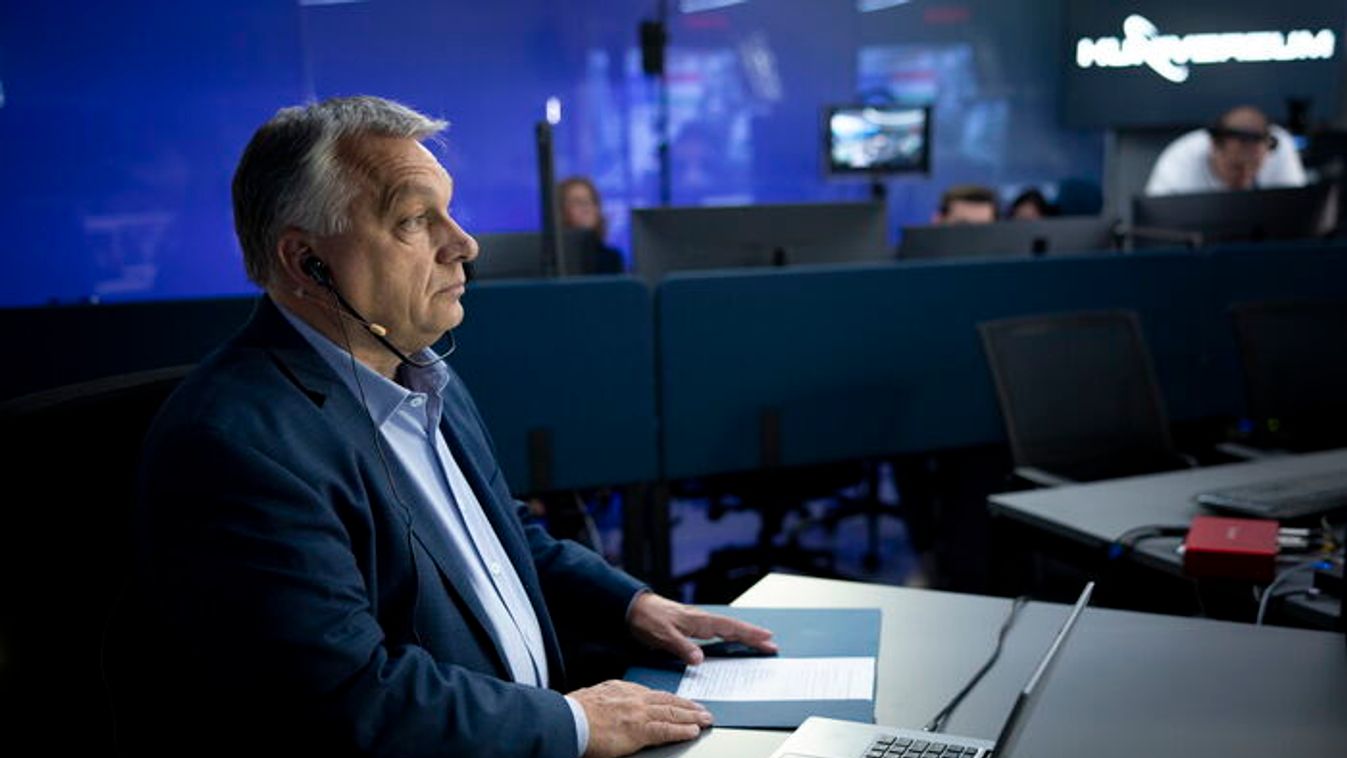
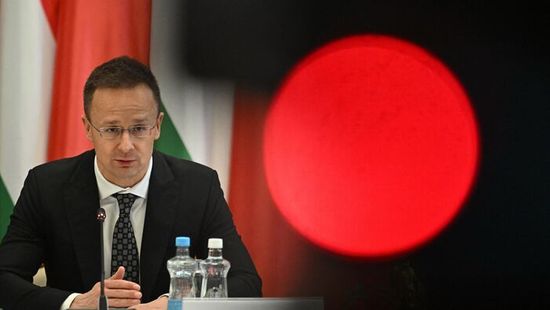
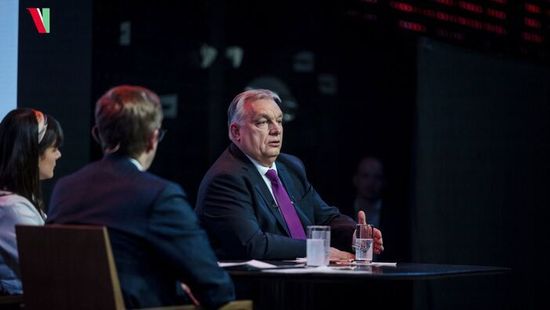
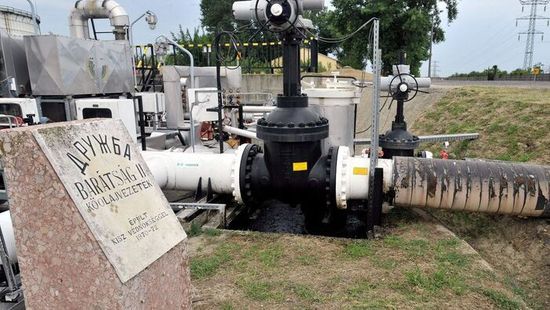
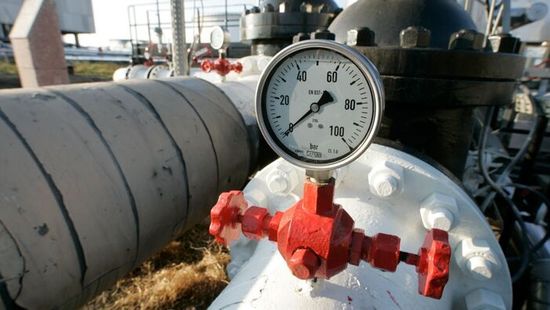

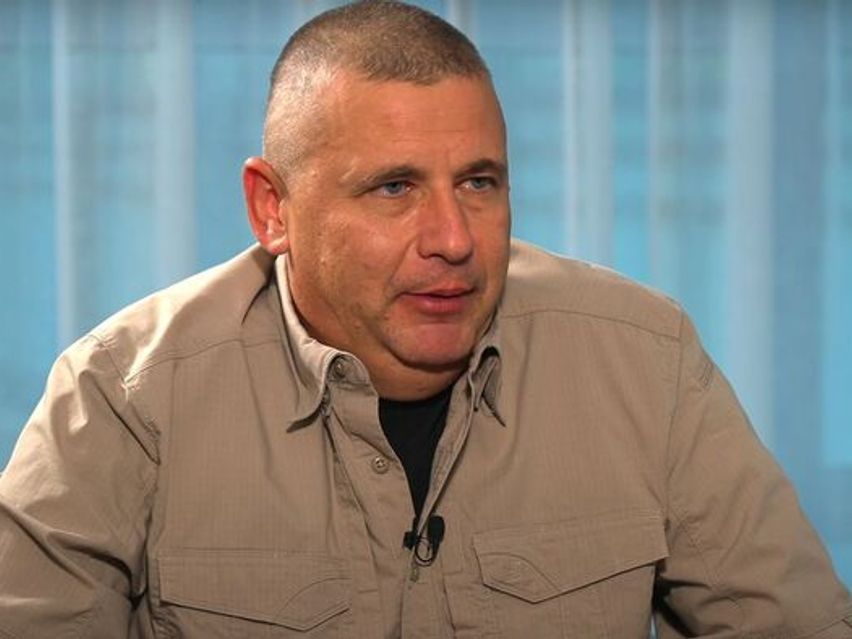

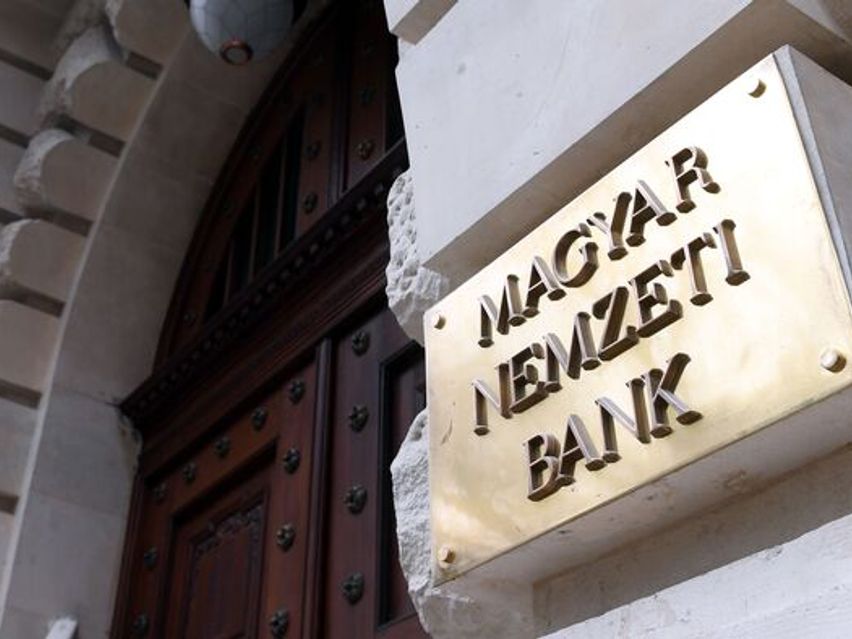
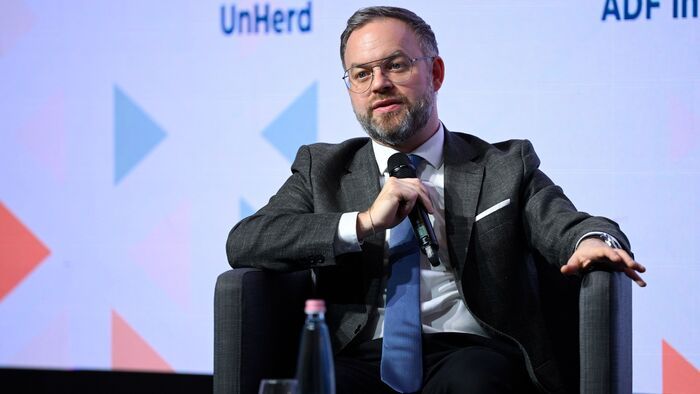

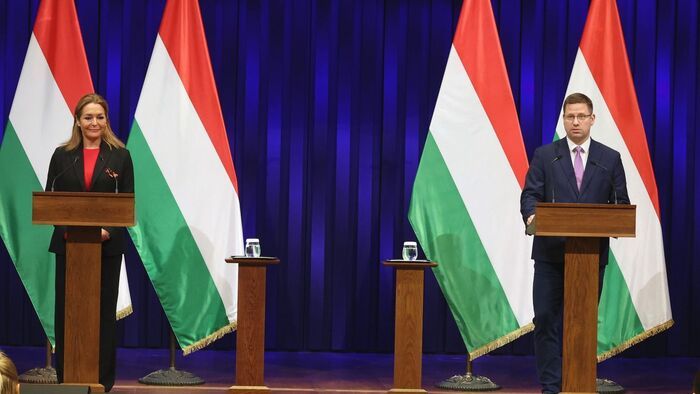
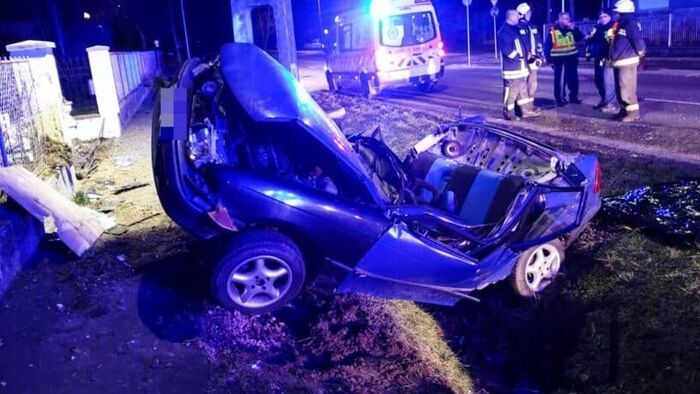
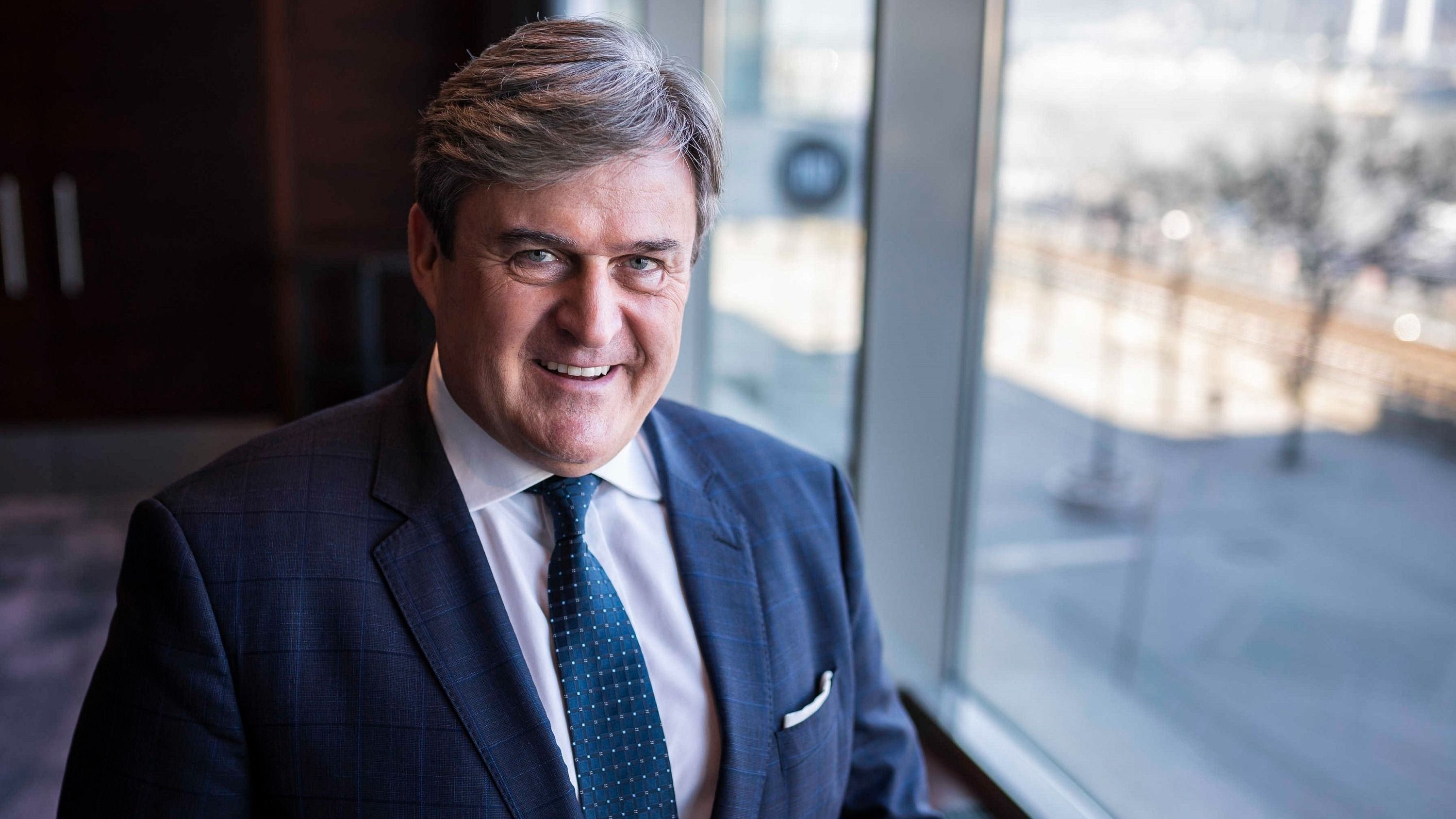
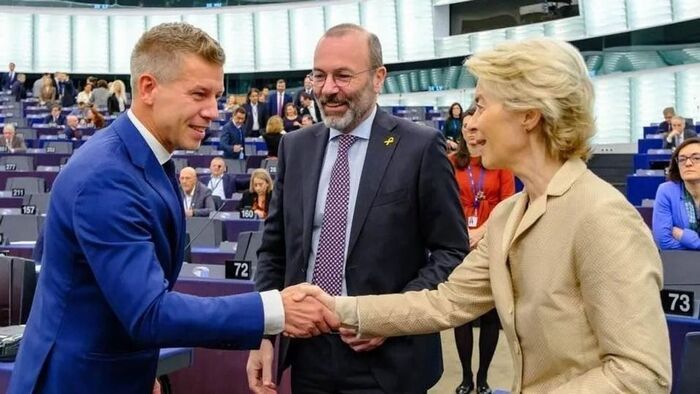
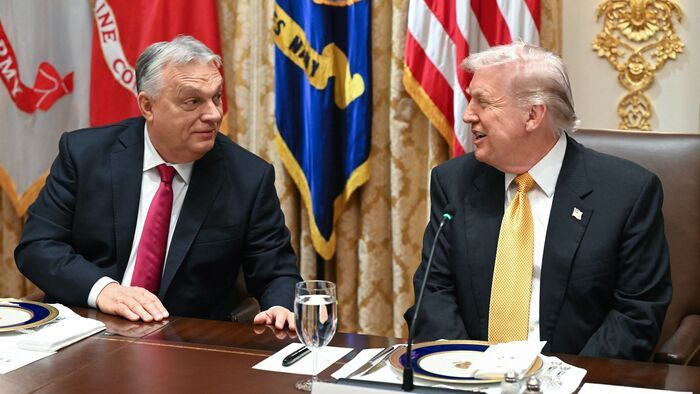
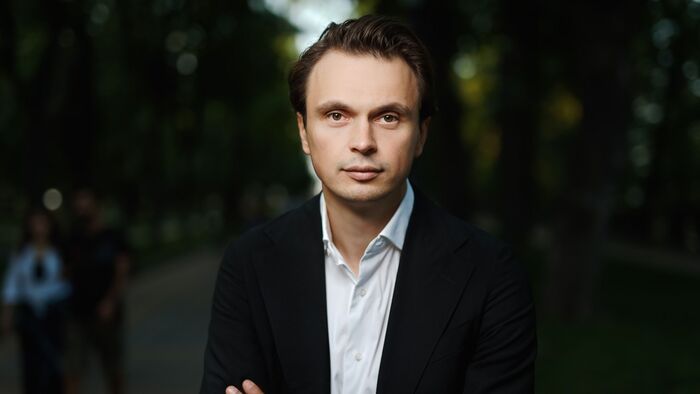
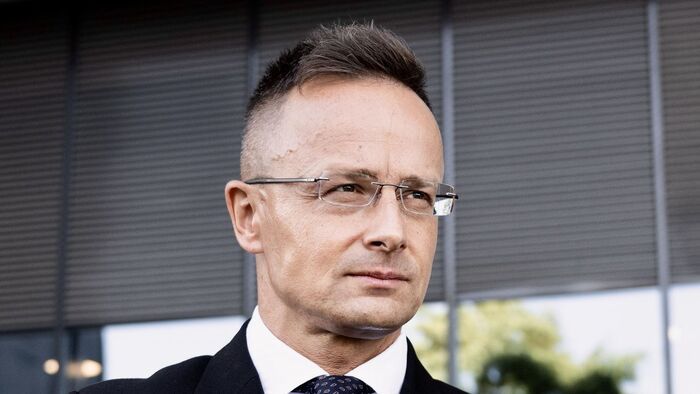
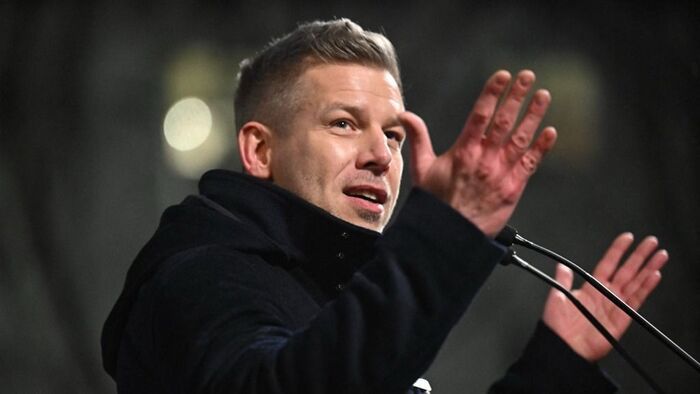
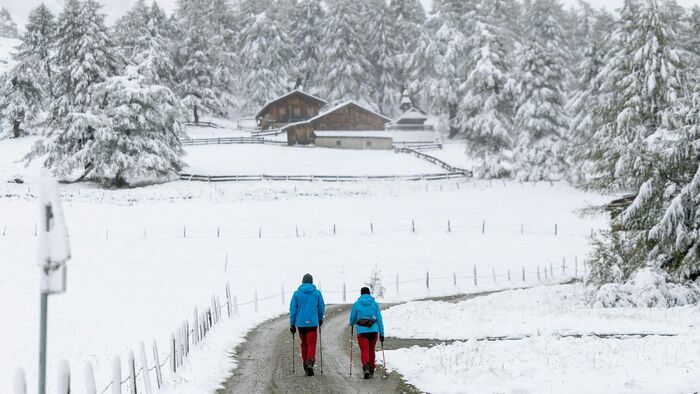
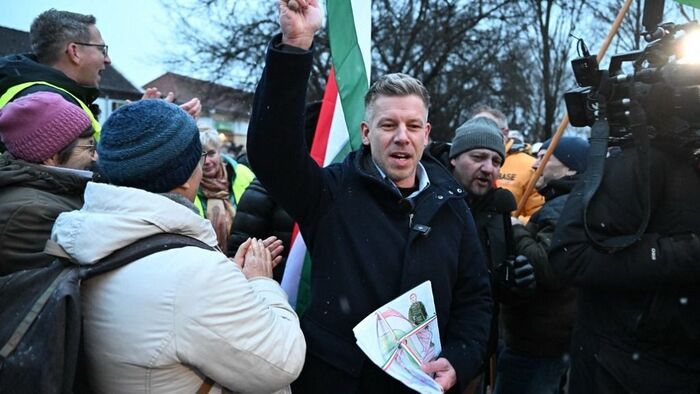

Szóljon hozzá!
Jelenleg csak a hozzászólások egy kis részét látja. Hozzászóláshoz és a további kommentek megtekintéséhez lépjen be, vagy regisztráljon!